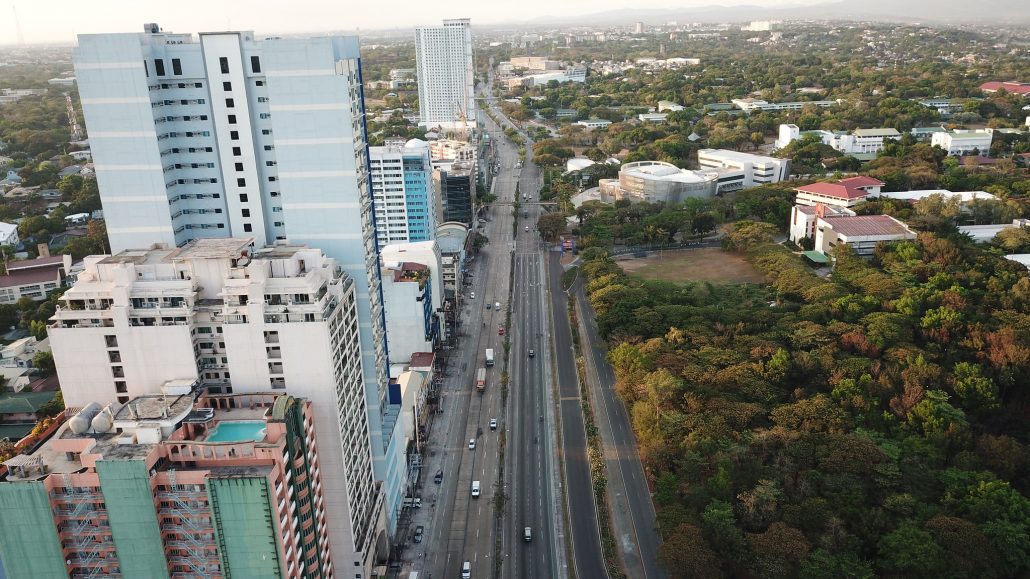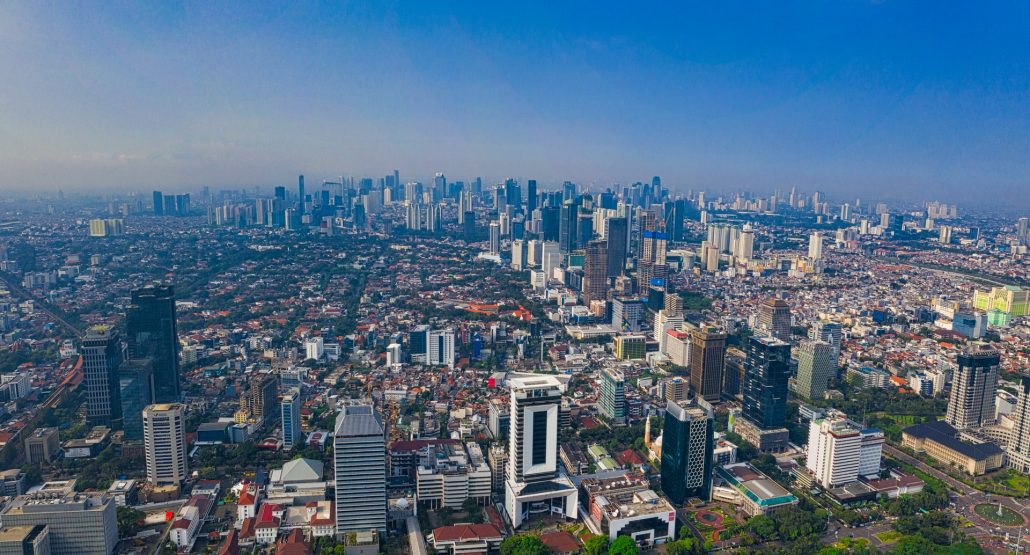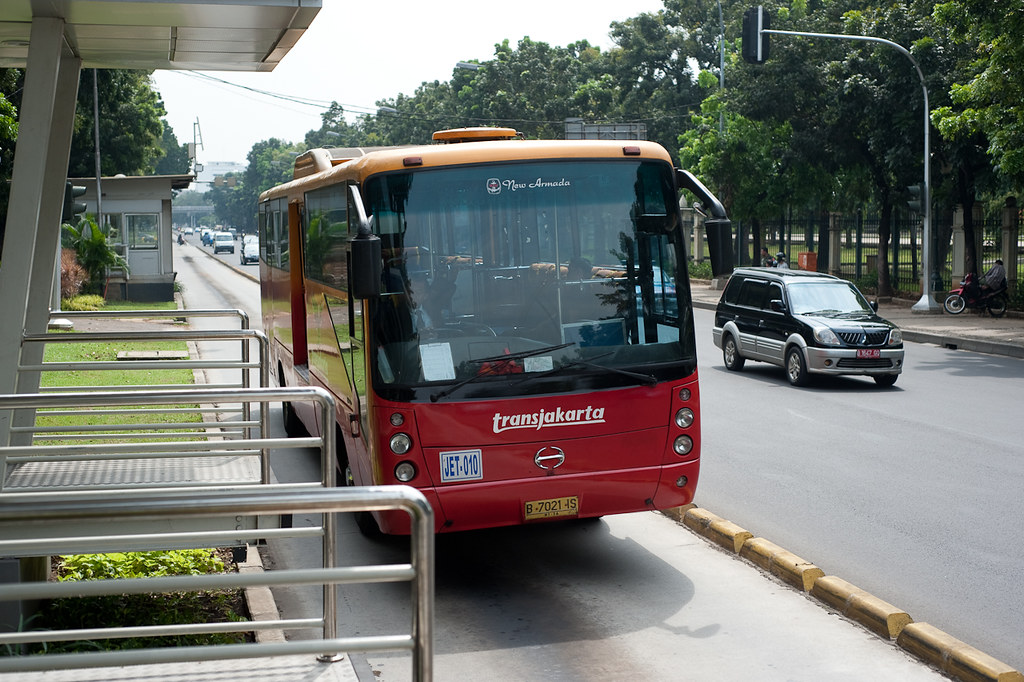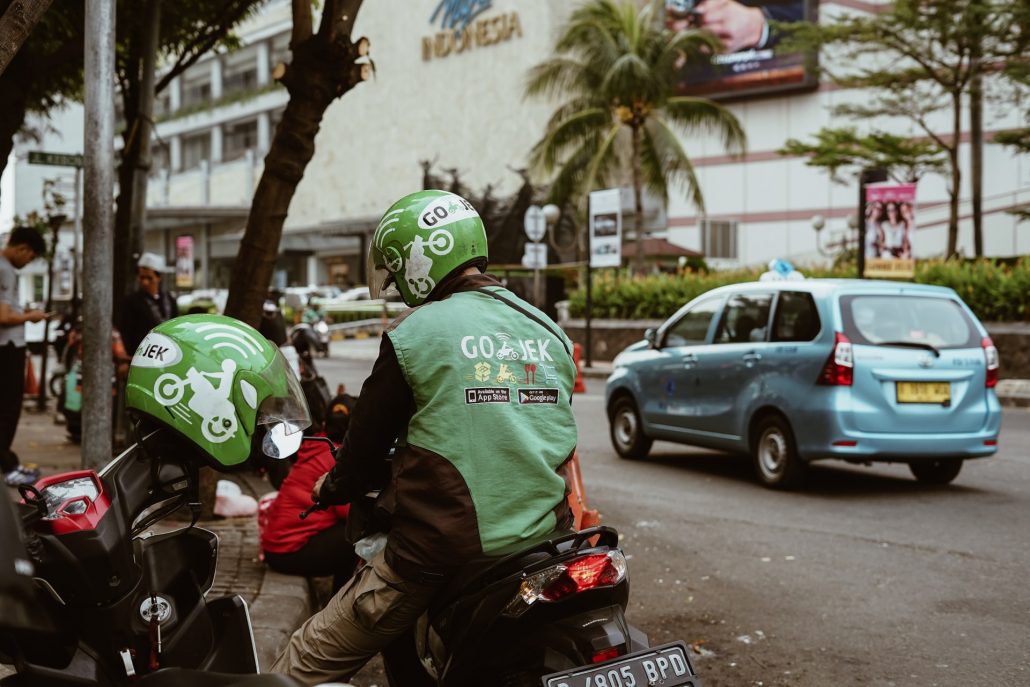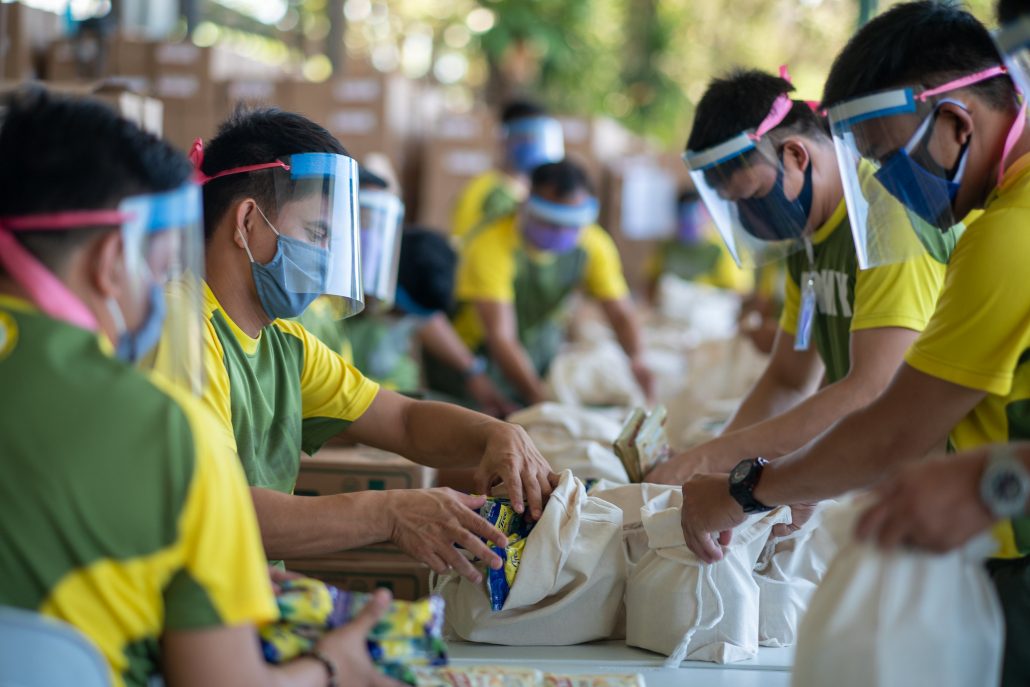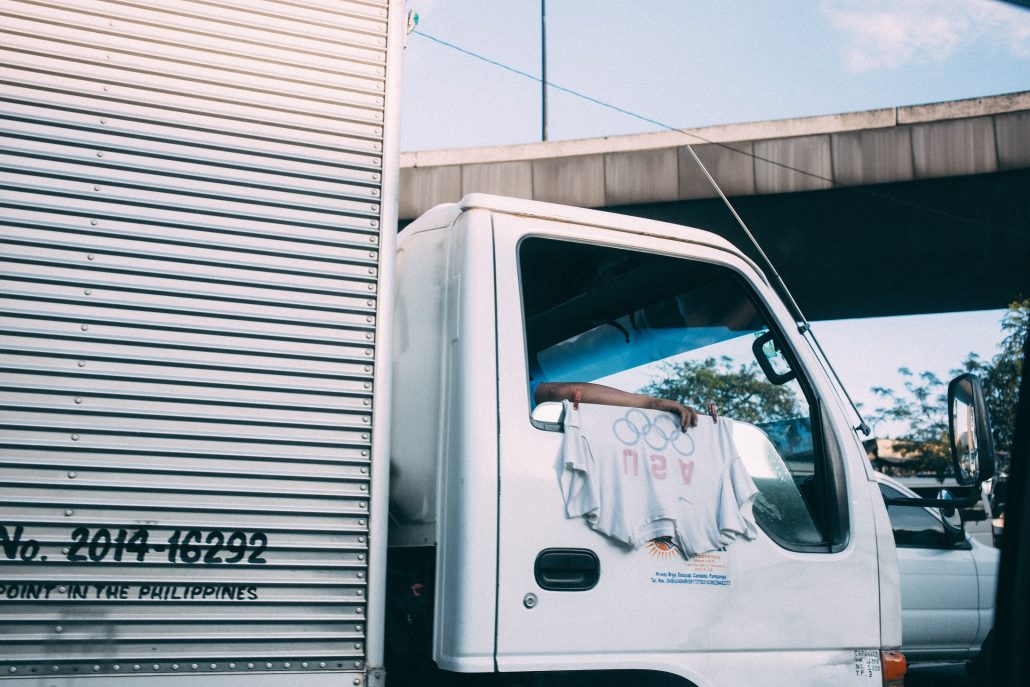First written on 23 April 2020, featuring insights from ICLEI South East Asia Secretariat
Nearing 30,000 confirmed cases of COVID-19, ASEAN Countries are raising concerns for the fast spread of the infection. As of 20 April 2020, Singapore is the country with the highest number of confirmed cases in the region. Indonesia and the Philippines are deemed to be more at risk as limited testing suggests high chances of underreporting among their large population. Vietnam, Laos, and Cambodia have reported relatively few cases and no fatalities so far. In particular, Vietnam is praised for its effective, low-cost strategy to contain the infection.
Indonesia has the world’s fourth-largest population of over 270 million and the biggest economy in South East Asia. The country has registered the highest fatality rate in the region due to COVID-19 and reports one of the lowest rates of tests per million people. Indonesia has not adopted a nation-wide lockdown and a domestic travel ban yet. Jakarta is the first province enforcing a partial quarantine from 10-24 April.
The Philippines are the second most populous ASEAN country with about 108 million inhabitants. In mid-March, the government enforced an “enhanced community quarantine” (ECQ) first in Metro Manila, home to 12.9 million people, and then the whole island group of Luzon, with 57 million inhabitants. The ECQ is essentially a lockdown: the movement of people is limited to buying essential items such as food and medicines and reporting to essential work. Land, sea, and air travel is restricted. Initially set until 12 April, the ECQ has been extended to 30 April in Luzon, the economic and political center of the Philippines. While the government has not deemed necessary to put Visayas and Mindanao in quarantine, local authorities like Cebu City and Davao City have rolled out similar measures in their respective jurisdictions. On 23 April 2020, President Duterte extended the ECQ in Metro Manila, Calabarzon, Mindoro, and other places with high cases of COVID-19 until May 15.
Laos PDR implemented a strict lockdown from 1-19 April, which has been extended to 3 May. People’s movement is restricted to essential and authorized activities. Schools, universities, and most businesses have been closed. Travel between provinces is prohibited.
Colleagues from the ICLEI South East Asia Secretariat with offices in Indonesia, the Philippines, and staff stationed in Lao PDR have gathered in this article their initial observations on how the pandemic has affected the transportation of people and goods.



